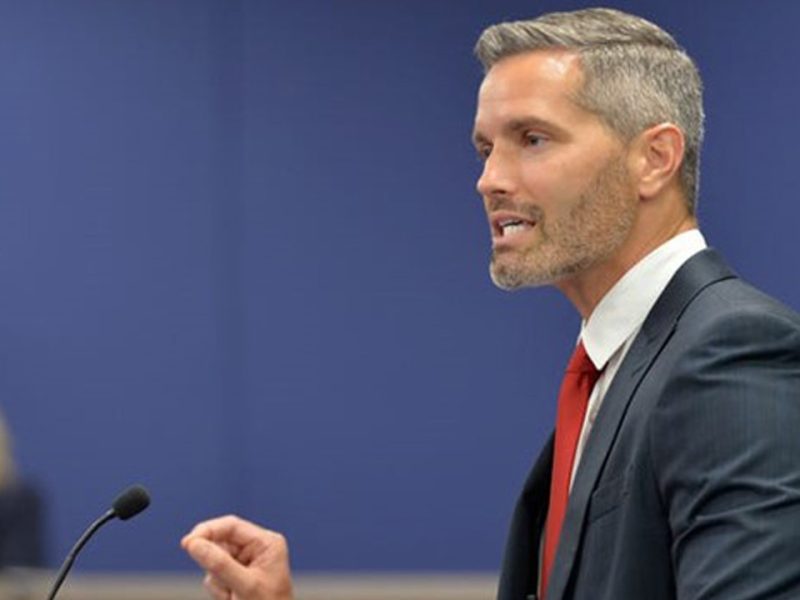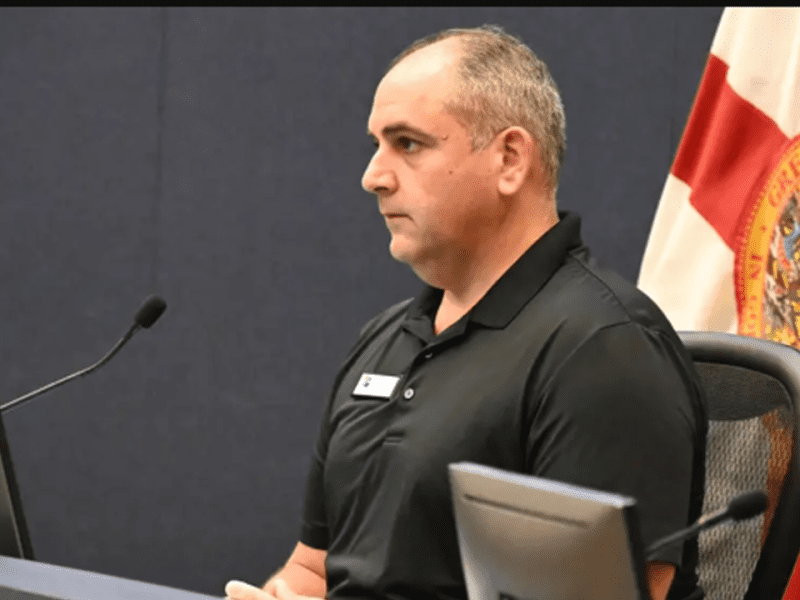Public School Students Are Slated To Take English Proficiency Exam In Person. Advocates Are Asking For A Pandemic Reprieve
WLRN | by Jessica Bakeman | December 21, 2020
More than a quarter million students in Florida are scheduled to take a required annual exam assessing their English skills early next year — and there is no remote option.
An annual exam assessing the English skills of non-native speakers in public schools is scheduled to be held in early 2021 — in person — despite consistently high numbers of new COVID-19 cases statewide and concerns that the holidays could make things worse.
The test is administered in most states. But the uproar around the decision to move forward with required in-person testing — amid a worsening pandemic — is especially loud in Florida, where English language learners account for 10 percent of the total student population. Only nine states have a higher proportion of students who are still learning English, according to federal data.
The exam is slated to be given to more than a quarter million students in Florida between Jan. 25 and March 19, 2021. As of now, there is no option to take the test remotely.
A group of educators, civil rights groups and community organizations sent a Dec. 17 letter to State Education Commissioner Richard Corcoran asking him to make the exam voluntary in 2021. The letter also asks Corcoran to inform parents that “those students who elect not to take the tests will not be disciplined, punished, or otherwise sanctioned for opting out of the tests.”
A spokeswoman for the Florida Department of Education said the commissioner received the letter late Friday and did not yet have a response. State and federal laws require school districts to monitor students’ progress in acquiring English proficiency.
After this story’s publication, the department sent an additional statement via email.
The Florida Department of Education “fully intend[s] to stay the course with these assessments,” according to an e-mail from Taryn Fenske, a spokeswoman for the agency.
“We must remain committed to ensuring that their families are fully informed about their children’s educational needs — for us to advocate otherwise would be immoral and irresponsible,” Fenske wrote. “Districts and schools have been assessing students this entire school year, safely, and we will continue forward with these tools that inform students’ growth and the ways in which teachers guide instruction.”
META, a public interest law firm that works on civil rights issues in education, is leading the effort to convince the state to reverse course on its testing plans. The group argues it is discriminatory to require only a specific subset of students, many of whom are immigrants and racial or ethnic minorities, to report to school for in-person testing.
“English Learners are the only Florida students opting for remote learning who are expected to leave the safety of their homes during the height of the expected post-holiday spike in the disease,” according to the letter.
Further, advocates say the test results will be compromised by the educational toll the pandemic has taken on children, especially those who are still learning English.
“The COVID-19 pandemic has affected Afro-American, Afro-Caribbean, Hispanic and immigrant communities, including low-income families, disproportionately in comparison to the rest of the population,” according to the letter. “To compensate for these factors, their children need all the instructional time possible.
“The results of these tests, obtained under extreme circumstances, with low attendance, impacted by the educational disadvantages of the digital divide, and under the threat of possible contagion, will be of questionable validity,” the letter said.
The exam, called ACCESS for ELLs, is developed by an organization called WIDA, which is part of the Wisconsin Center for Education Research at the University of Wisconsin at Madison. Forty states participate in the WIDA consortium.
School districts and education groups in Colorado sent a similar letter to that state’s commissioner earlier this month, asking for the testing to be postponed.
This post was updated to add additional comments from the Florida Department of Education.






